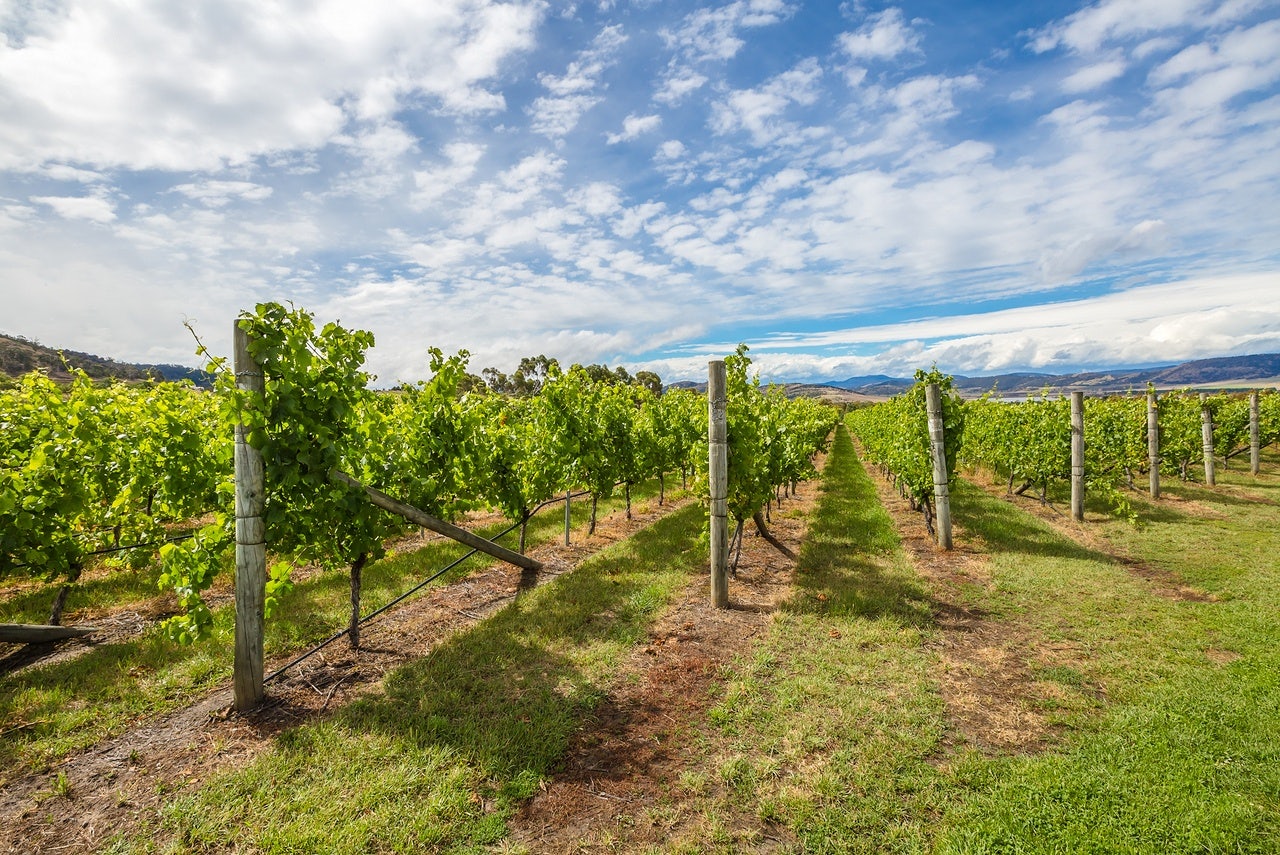With a new free trade agreement and growing Chinese demand for high-end food and beverage imports, Australia’s premium agricultural producers are stepping up their efforts to earn the attention of affluent Chinese consumers.
As Australia has positioned itself as a source of premium produce over the past several decades, it has especially benefited from China’s growing demand for imported luxury food and beverage products such as wine and high-end meat.
In June, top Australian luxury food and beverage brands gathered to host collaborative VIP dinners in Beijing and Chongqing aimed at showcasing their products to Chinese consumers in a luxury setting. Winemaker Penfolds, Australia’s most expensive Wagyu beef brand Mayura Station, and Tasmanian sparkling wine brand Delamere were among the companies who worked together to create an all-Australian fine dining menu complete with expert wine pairings at each course.
Australia’s high-end produce exporters are upping their promotions in the China market after the China-Australia Free Trade Agreement (ChAFTA) entered into force in December 2015. China is already Australia’s biggest trading partner, and current tariffs on food imports range between 12 and 25 percent, but will be completely eliminated by 2024.
For industries such as beef, the Australian export market toward China is leaning toward the higher end. Australia’s beef exports to China totaled 128,700 tons last year, but it has been surpassed by Brazil and Uruguay for more inexpensive frozen products and is focusing more on high-quality chilled beef.
The China market is especially important for Mayura Station, as it takes up 30 percent of the company’s exports—which make up 70 percent of its total business. With its most expensive cuts going for around $1,100 a kilo, the company’s CEO says that while Wagyu beef is already a status symbol in China’s dining scene, the company is aiming to build Chinese recognition of its own brand name and knowledge of the beef’s production process. “We’re really looking to grow the brand presence here in China,” says Mayura Station Managing Partner Scott De Bruin. “My hope out of doing events like this is that we can educate people more about the Mayura brand and build that brand recognition.”
The Beijing VIP dinner held at the Westin doubled as an educational session for the participating brands. Penfolds Brand Ambassador Ewan Proctor offered the VIP diners tasting notes on each wine and gave a presentation on the history of the brand, while De Bruin described the process that goes into producing Wagyu beef, including a minimum 500 days of grain feeding and a practice of feeding the cows chocolate.
While Wagyu beef and red wine already have strong recognition as luxury products in the China market, the evening was also dedicated to educating consumers about products and cuisines that are newer to them. The meal was completely Western-style, and De Bruin says that this is catching on with high-end Chinese diners. “The growth of steak houses and so forth is quite phenomenal” in China, he says, “and I think the continual consumption of steaks and red meats is going to grow quite significantly.”
Champagne expert Kyla Kirkpatrick, who delivered a presentation on the tasting notes of Tasmanian sparkling wine including a hair-raising demonstration of “sabering” a bottle, says that there’s still a long way to go for sparkling wine varieties in the China market. “China in general tends to more toward spirits, or red wines, or a sweeter style of wines,” she says, noting that those who are buying sparkling varieties tend to go for the big Champagne brands like Moët & Chandon and Veuve Clicquot. She notes that small Tasmanian sparkling wineries like Delamere have their work cut out for them in China. “Very rarely in China do you see the beautiful grower families—the small family houses that produce much smaller quantities.” She estimates that it will take around 10 years for Chinese consumers to become true sparkling and Champagne connoisseurs due to the level of education needed. “We are right at the beginning of a very long road,” she says, but remains optimistic that Chinese drinkers will embrace bubbly wine. “Once you’ve fallen in love with it, then it’s forever.”
